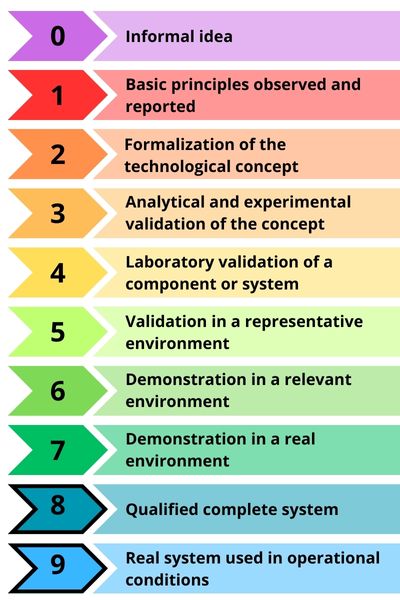Context
Azelaic acid and pelargonic acid are produced by the oxidation of unsaturated fatty acids, a chemical reaction of interest for the synthesis of organic diacids used in the production of polymers and cross-linking agents.
The use of ozone as an oxidant is widespread but requires expensive catalysts and specific solvents, such as pelargonic acid, to mitigate the risks of explosion due to the exothermic nature of
the reaction.

Invention
This invention relates to the use of ozone for the simultaneous synthesis of azelaic acid and pelargonic acid. A synthesis process using ozone achieves a high equimolar yield of azelaic acid (obtained in crystalline form) and pelargonic acid (obtained in liquid form) without the need for organic solvents or catalysts, and with moderate energy consumption
Competitive advantages
- Economic Efficiency and Process Simplicity: The method does not
require a chemical catalyst and uses water as a solvent, eliminating
the need for pre-introduced pelargonic acid as a solvent, which
reduces raw material costs and simplifies the implementation
process. - Simultaneous and Natural Production of Both Acids: The process
directly generates an equimolar mixture of azelaic acid and pelargonic
acid, optimizing overall yield while eliminating additional steps
required to produce these compounds separately. - Improved Safety and Sustainability: Precise temperature control,
homogeneous dispersion, and secure removal of residual ozone
minimize risks associated with exothermic reactions and enhance
environmental sustainability through better management of byproducts. - Flexibility and Product Quality: Crystallization and purification steps
allow for the production of highly pure products, with customization
possibilities according to industrial needs.
Key information
Applications
- Pelargonic acid: Herbicides / Pharmaceutical Ingredient / Chemical Solvent
- Azelaic acid: Dermocosmetics / Anti-acne
Markets
The markets for azelaic acid andpelargonic acid, estimated at USD194.3 million and USD 193.7 millionrespectively in 2024, are expected togrow at CAGRs exceeding 7% due totheir numerous applications inagriculture, pharmaceuticals, andchemistry.
Partnership
Seeking one or more industrial partners toexploit the patented invention (license ortransfer)
Intellectual Property
Patent family EP3280693 (Belgium, Switzerland, Germany, Spain, France, Italy, United Kingdom, Netherlands)
Development Stage : TRL8-9
Qualified Complete System - Real system used in operational conditions
